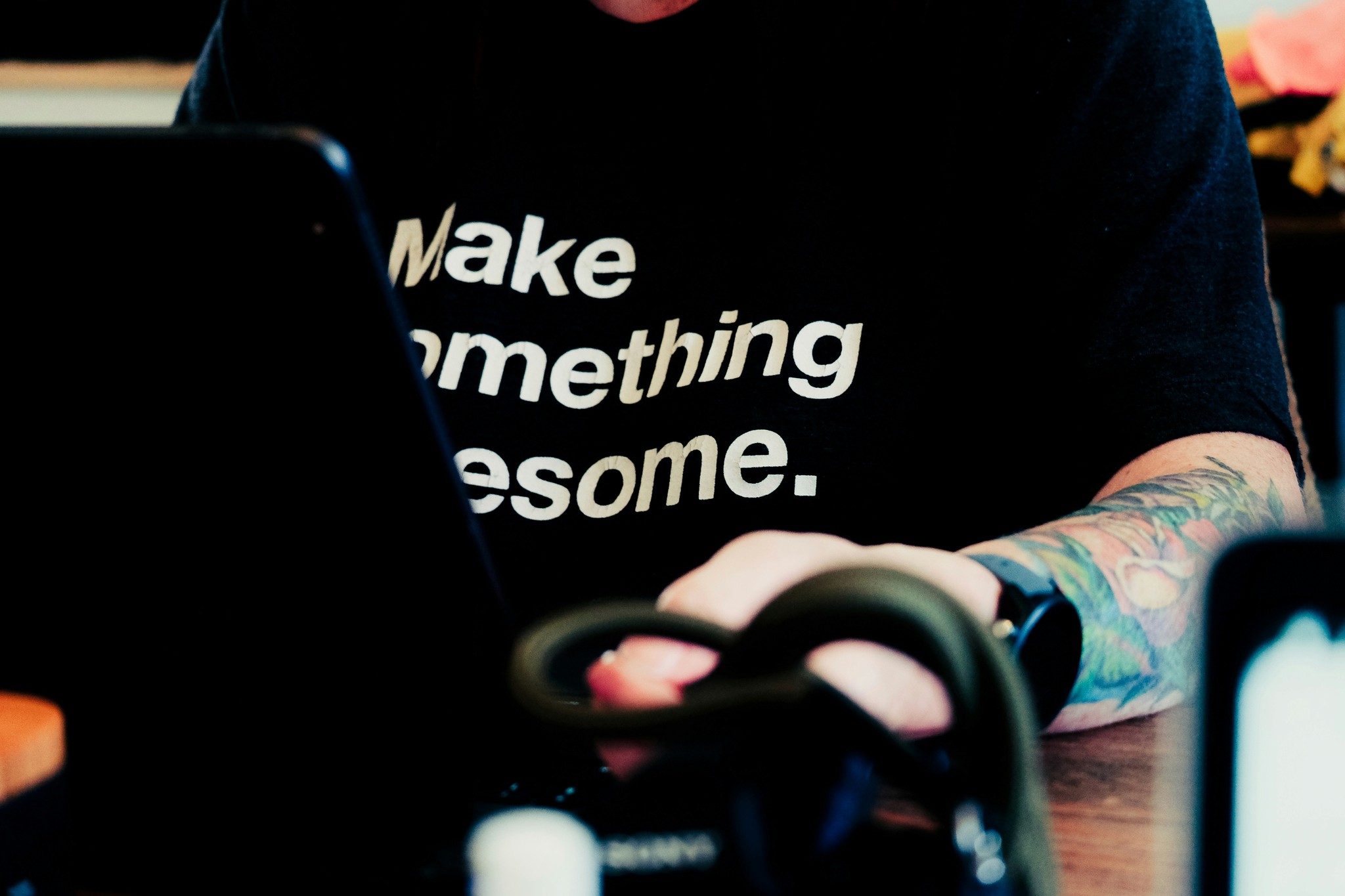Subscribe
Updated on Oct 25, 2024
Every day, the Shibuya train station (Tokyo) had a peculiar visitor. Hachiko, an Akita dog, waited daily for his owner Hidesaburo Ueno to return from his classes at the university, where he worked, but he never came back. Ueno died of a stroke while teaching; the loyal Hachiko, unaware of the bad news, spent the next 10 years of his life waiting for his owner.
The bond that can exist between a pet and its owner defies all reason, that's why, nowadays, pets are considered another member of the family structure, and in fact, it can even reach the point of pets replacing children within the household. This situation is more pronounced in the Millennial generation.

Percentage of households with dogs in Spain (2008-2019)
For example, in the United States, 67% of this group considers their pet as a "furry baby." In the United Kingdom, 54% of people between 19 and 38 years old would rather cut back on their personal expenses than those of their pets. In China, Millennials represent over 75% of pet consumers, according to a report by Goumin.com and Pet Fair Asia in 2018.
But why do younger generations choose the company of pets over people? According to Mickey Chadha, vice president of Moody's Investors Service, this is because, in today's society, human relationships are more difficult to manage than the companionship of an animal. Therefore, having a pet serves as a bridge to socialize in an increasingly digital world. Pet owners gather in parks daily and the animals themselves end up forming affectionate bonds.
Just as owners go to the park to socialize, they also enjoy going to a bar where they can bring their furry babies without restrictions. Allowing animals in the establishment is a plus for any customer with a dog. Restaurants are offering the possibility of entering the premises with a pet. This is the case of M Victoria Street, a London restaurant that allows dogs to enter and has a special menu for them.
Although these needs are met for the more analog, Generation Z and Millennials socialize more in their quintessential environment: the internet. Dating apps focused on both dogs and their owners are all the rage. Tindog, an app model along the lines of Tinder, allows users to meet other dogs and their owners who are in the vicinity of where they live.
In this new era of pethood (generation that prefers pets to children), the well-being of animals is paramount. The global pet care market will grow by 4.5% by 2025, according to the Pet Food Market Size, Share & Trends report by Grand View Research.
In particular, nutrition is a key point for the health of the animal, which is why sales of pet products in e-commerce will grow by 8% by 2023 in the United States, according to the market research company Packaged Facts.
Even some companies like Meowbox have taken the consumption of cat food to another level. Customers may end up paying a high price to keep their pet healthy and happy. Under a subscription model, Meowbox sends its customers a monthly box for cats for 22 dollars filled with fun toys and unique treats.

In this area, big data and machine learning also contribute to pet care. The British startup Felcana monitors the health and well-being of the pet, using connected devices and tracking exercise, temperature, eating and drinking habits, even sleep patterns. The company collects and analyzes this information and produces useful reports for veterinary experts.

On the other hand, the younger generations, who seek more telecommuting and flexible work environments, want their pets to be able to go to work with them. In the United States, 71% of Millennials would be willing to reduce their salaries if they could bring their pets to work, according to a report by Zulily.
Pet-friendly workplaces can significantly reduce the stress of millennials, a generation with serious anxiety issues. According to a study by the University of Berkeley, only half of millennials (51%) have sufficient tools to manage anxiety.
Likewise, NimbleFins found in 2019 that employees are much happier at work if their company allows dogs. It's no wonder that Amazon Seattle has made dog parks, poop bags, free treats, and dog-centered events available to its employees.
However, even though there are more and more facilities in the pet sector, not everyone can afford to have one. But there is an alternative, an idea from the nineties that has been recycled with the latest technology. The legendary Tamagotchi is back in stores for a price of 60 dollars.
Unlike the original Tamagotchi, the new one can leave its house, celebrate its birthday with colorful balloons, and even travel to different lands. It can also get married and raise children, who will then grow up and continue the family tree. This way, customers can feel like they have a pet (or a child) even if it's in a virtual way.
Pet brands must focus their efforts on enhancing this almost fraternal bond. Technological applications seek to cover this need. This leads to apps like PetCam, to monitor the pet if the owner is not at home, or if the pet parents don't want to leave their animal, there's also Pet-Friendly, whose mission is to provide information about hotels, cafes, restaurants, or businesses in the area where pets are welcome.
Technology tries to cover all aspects of pet care, which is why apps focused on the physical fitness of the pet also appear. PRO PLAN P5 DOG offers customers training and nutrition tips, as well as a database of exercises and video tutorials. Pet owners can track the progress of their animals and compare it with other pets.
The bonds that are built between pets and owners are worthy of a statue. Near the central station of Shibuya, a few meters from the world's most famous pedestrian crossing, thousands of tourists come to see the bronze statue of Hachiko, a symbol that a dog is man's best friend.




